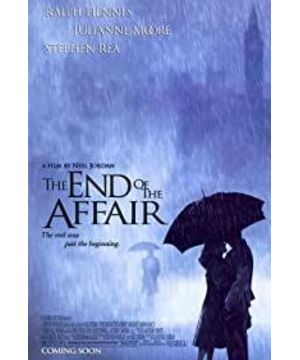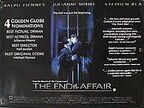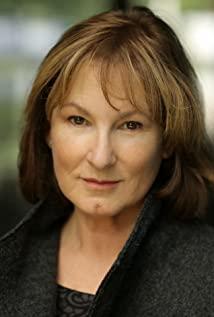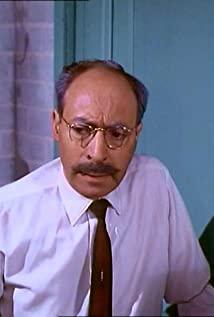Cass has actors Julianne Moore and Ralph Fiennes, which can be described as the selling point of the movie, and they are more than capable.
I don't like Ralph Fiennes, I don't like"The English Patient"(1996), "Maid in Manhattan"(2002) didn't like him either, and I didn't watch the sequel to Harry Potter. But this time he played Maurice Bendrix, which made me feel a little better about him. He, but really see the appeal.
Julianne Moore is topless and bold this time around, more so than when she was in the new "Savage Grace" a while back. Of course she was more in 1999. Younger, more capable of sexy and bold interpretation. Looking at Moore's performance experience, it seems that he often plays roles that will die, or depression, or perversion, or infidelity. In short, they are not normal women.
Photography is worthy of praise. I was very impressed. I especially remember the scene of Maurice and Sarah having an affair. The scene where they walked up the stairs is vivid in my eyes.
The music knew it was Michael Nyman's again from the very beginning, because the credit gave out his name, after "The Piano" earlier I watched "The Claim" two days ago, in fact, Nyman's works are a bit repetitive, and some people may think that his creations are very limited.But his music can always make the movie more cinematic and bring the audience into the story. This time in "The End of the Affair", the music plays a large part, and it is consistent throughout.
The story is set in the 1940s, the costumes are very prominent, and the visual effects are added. There are several scenes that remind me of two movies that we are all familiar with. This scene in the photo (right) has a bit of "In the Mood for Love". Moore and Fiennes The sex scene reminds me of the "Lust.Caution" I watched recently. The
film revolves around writers, lovers and private detectives, with rich plots and humor. It has been shown to the audience in two versions of the same plot many times, adding to the flavor of the story. However, In the original book, the author's original intention is not necessarily to make the reader laugh, but the scene that caused laughter on the screen is when Sarah (Moore) thought Maurice (Fiennes) died, the first version is that she didn't save him. , just lying on the bed and praying, and the second version is that she went to save him, but the result is the same. The laughter of the audience is natural, but the original meaning should not be so.
"I lived, so it's the end of the affair." The name of the movie and the original book comes from this line, Maurice said to Sarah's husband, because he was not dead, so Sarah chose to leave him.
The movie also mentions faith. Sarah's faith. She never believed in God, but Maurice's miraculous survival made her "hit". There is also a priest in the film. Perhaps it is an insinuation of the author's own beliefs.
It is worth seeing if there is a chance.
View more about The End of the Affair reviews











